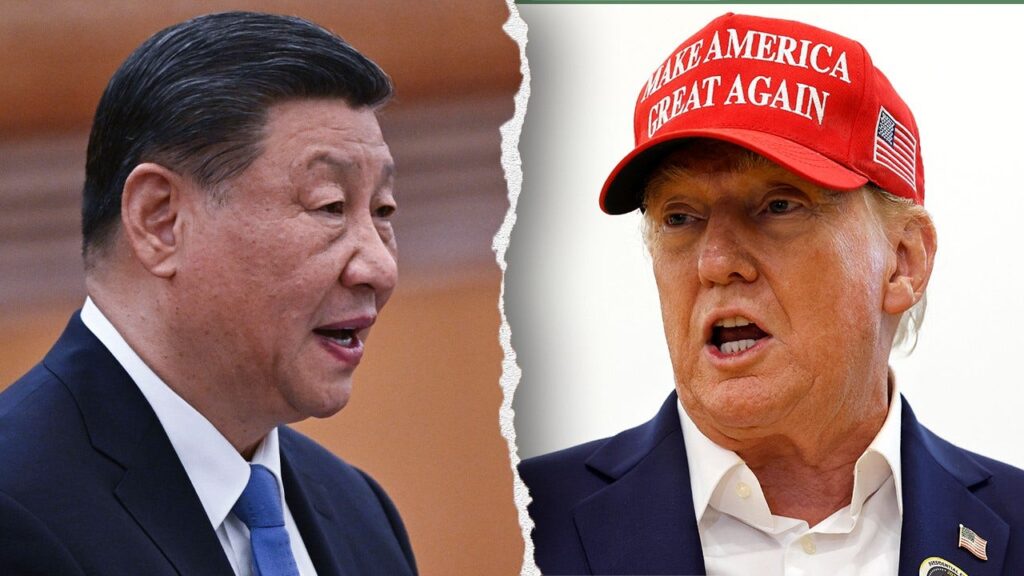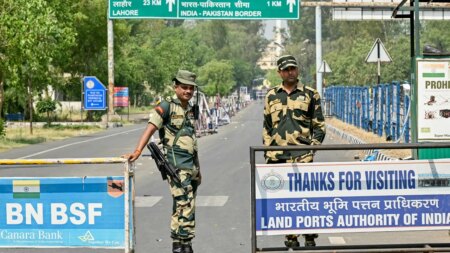The hostilities between India and Pakistan over the contested territory of Kashmir are igniting fears that a localized skirmish could boil over into a wider conflict and threaten the stability of the region.
Watching closely is China and President Xi Jinping, a party to the Kashmir dispute with a stake in the outcome.
“For China, the stakes are high. Pakistan is its closest ally, and Beijing would not like to see it humiliated,” Sadanand Dhume, senior fellow at the American Enterprise Institute (AEI), told Fox News Digital.
“Seen through the prism of U.S.-China competition, each country has a ‘side’ in this conflict. China is joined at the hip with Pakistan, whereas the U.S. and India have grown increasingly close over the past two decades,” Dhume added.
PAKISTAN FEARS INDIA INCURSION ‘IMMINENT’ AMID HEIGHTENED TENSIONS FOLLOWING TERROR ATTAC
The U.S. war in Afghanistan after 9/11 created a dependence on Pakistan’s military and intelligence that required close cooperation. Since the withdrawal from Afghanistan in 2021, U.S. engagement with Pakistan has been limited and Islamabad has less relevance for Washington’s foreign policy aims.
Max Abrahms, an expert on terrorism at Northeastern University, told Fox News Digital that the fight over Kashmir could now become a venue for U.S.-China competition.
“The India-Pakistan conflict may emerge as a proxy war where India is backed by the U.S. and Pakistan is backed by China,” Abrahms said.
Yigal Carmon, president of the Middle East Media Research Institute (MEMRI) and a former counterterrorism advisor to the Israeli government, told Fox News Digital that Kashmir is not just a clash between India and Pakistan. If the war escalates, he said, it could lead to the dismantling of Pakistan and have repercussions in Afghanistan, Iran and China.
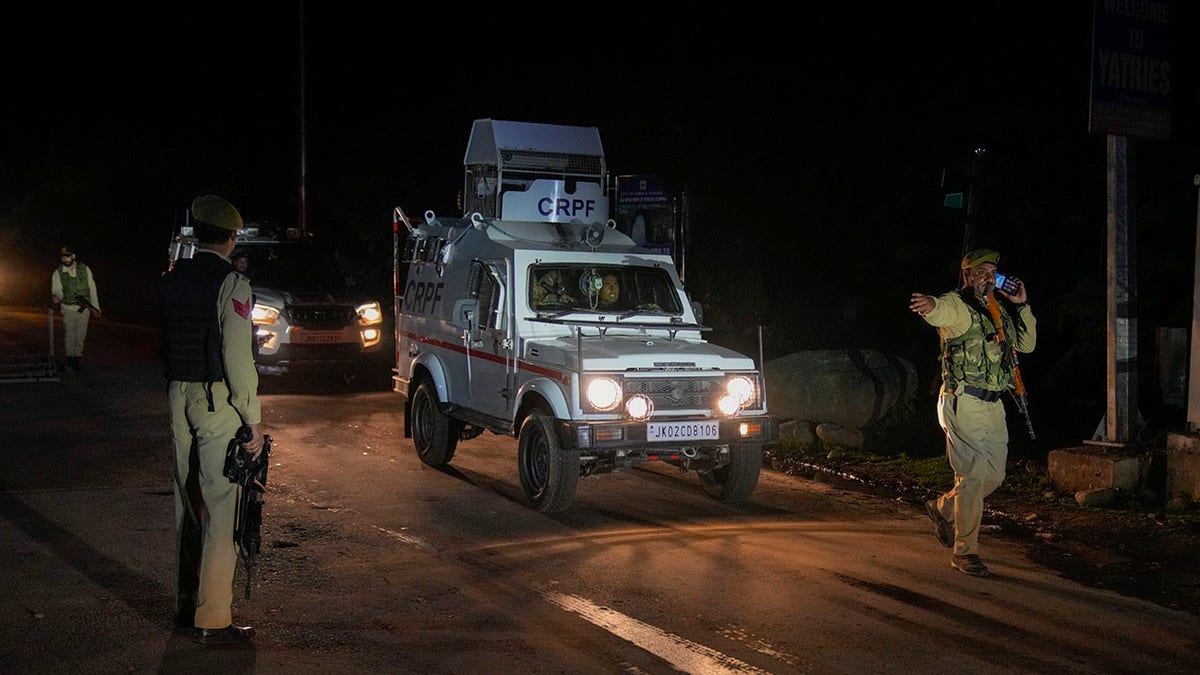
“Balochistan may soon acquire a de-facto independence. China will be one of the main losers of such a development, as it has heavily invested in the Gwadar Port, located in the Balochistan province of Pakistan,” Carmon said.
New Delhi launched retaliatory strikes against Punjab and Pakistan-administered Kashmir following a deadly attack on tourists in the disputed Jammu and Kashmir region on April 22 that saw 26 people killed by terrorists.
Indian Prime Minister Narendra Modi pledged a forceful response, saying the perpetrators will be pursued till the “ends of the earth.”
TRUMP OFFERS TO HELP INDIA, PAKISTAN AMID GROWING CONFLICT: ‘I WANT TO SEE THEM STOP’
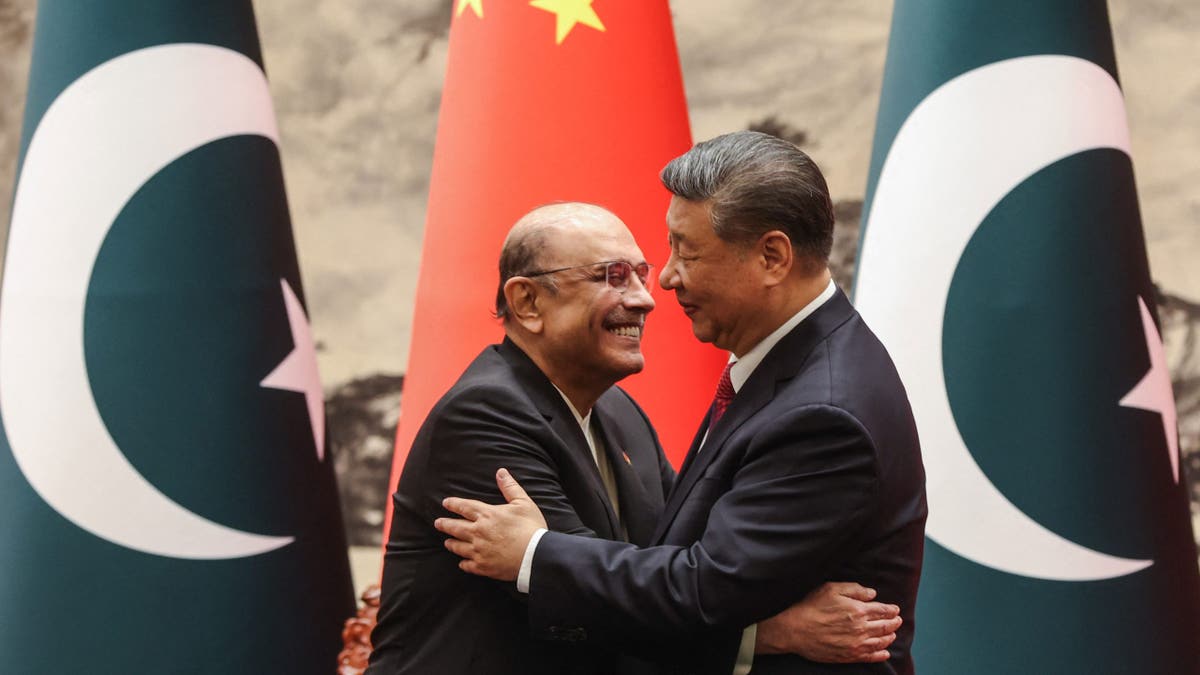
How far Pakistan will target India is uncertain, but Pakistan’s military, which yields significant influence in Pakistani politics, will likely want to exert a powerful response and avoid any appearances that the country looks weak.
“If Pakistan suffers a humiliating defeat, it would weaken the military’s grip on the country,” AEI’s Dhume said.
Dhume also said that any conflict that unravels Pakistan’s domestic stability would give a boost to separatist groups in Balochistan and Khyber-Pakhtunkhwa provinces who have long sought independence from Pakistan.
PAKISTAN CALLS INDIA’S STRIKES AN ‘ACT OF WAR’ AND CLAIMS IT SHOT DOWN INDIAN FIGHTER JETS
Chietigj Bajpaee, senior research fellow for South Asia at Chatham House, said that India will try to ensure that the conflict remains limited and focus its efforts on targeting terrorists, avoiding civilian casualties.
Bajpaee told Fox News Digital that maintaining an anti-Indian stance is important to the legitimacy of the Pakistani military and intelligence establishment, and adopting an assertive military posture will be necessary to assuage domestic pressures.
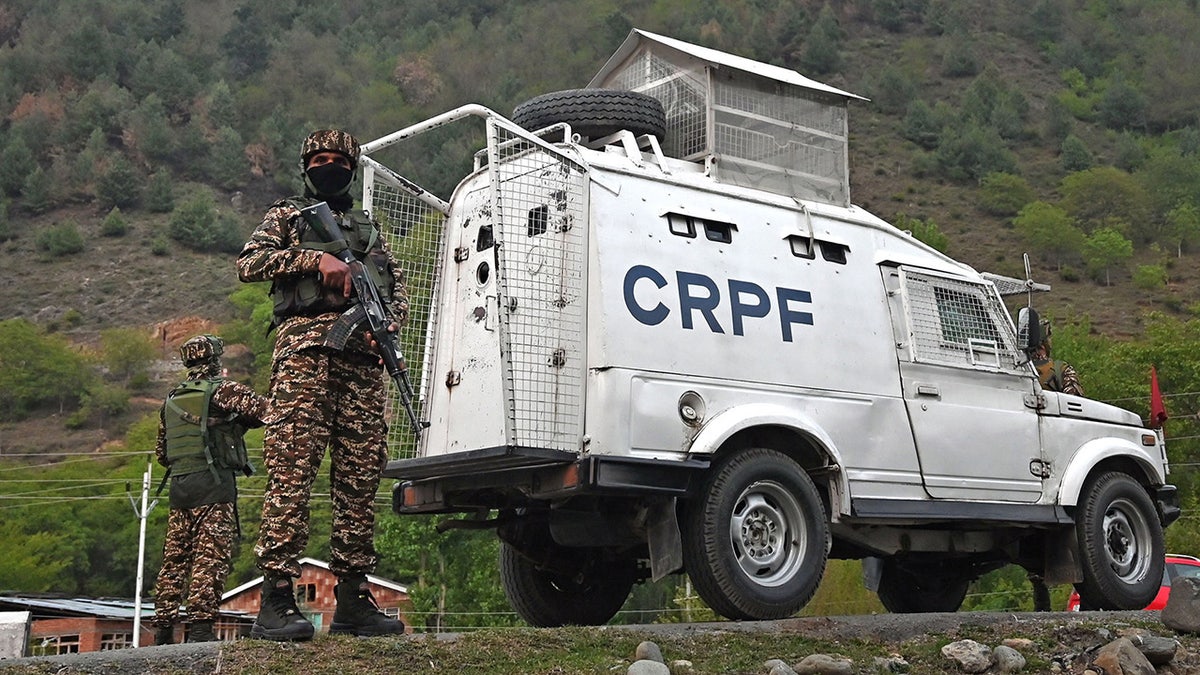
“Although I don’t see an imminent possibility of Pakistan breaking up or a spillover of the conflict into Iran or Afghanistan, the conflict could fundamentally alter the relationship between the military and the civilian government and population, which has already been in decline,” Bajpaee said.
The fear for many experts and policymakers is whether the clashes lead to inadvertent escalation between two nuclear-armed powers. India and Pakistan have an estimated combined 342 nuclear warheads, according to the Arms Control Association, and their nuclear doctrines are motivated by their mutual enmity and desire to deter the other.
President Donald Trump has not yet engaged directly with Indian or Pakistani officials, but said Wednesday he wants to see them “work it out” and that “if I can do anything to help, I will be there.”
Read the full article here




